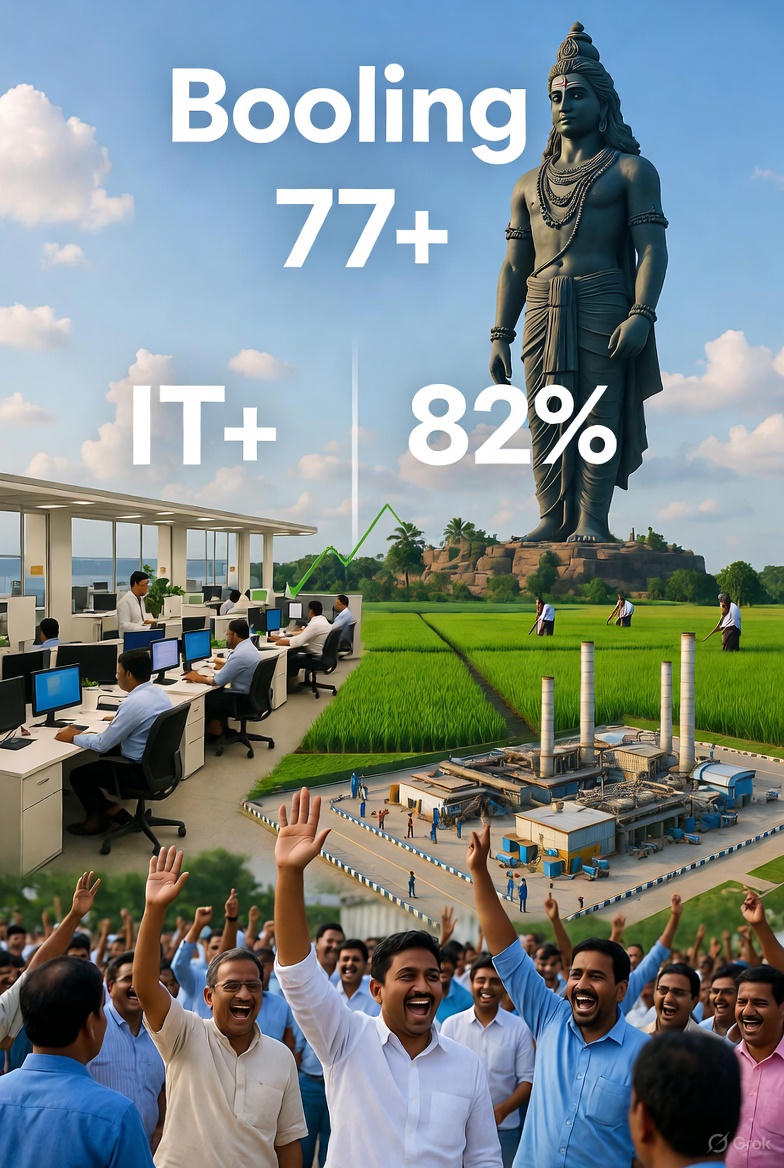By America News World ,
Published: September 10, 2025
In a world increasingly powered by automation, artificial intelligence, and advanced digital systems, knowing how to code is no longer the be-all and end-all of a tech career. Today’s technology students—and tomorrow’s professionals—must go far beyond syntax and scripting to remain competitive in an evolving job market. The message from educators and industry leaders is clear: coding is just the beginning.
Coding Is Foundational, But Not Enough
For decades, coding was the primary skill sought after in tech roles. Programming languages like C++, Java, and Python defined the contours of what it meant to be a software engineer or IT professional. But in 2025, that landscape has dramatically shifted.
As powerful tools like generative AI and low-code platforms continue to mature, the ability to write boilerplate code is no longer a rare or critical skill. AI systems can now generate basic scripts, design algorithms, and even debug with increasing accuracy. In this context, what separates an average tech worker from a standout one is not whether they can write a sorting algorithm, but whether they can design scalable systems, solve real-world problems, and communicate their solutions effectively.
Logic and Problem-Solving: The Real Core
Industry experts emphasize that programming is ultimately about logical thinking and problem-solving—skills that transcend any particular language or platform. Python may be the preferred language today, but a decade ago it was Java, and in another five years, it might be something else entirely.
“The key is not learning syntax,” says one industry analyst. “It’s learning how to think like a developer—how to break complex problems into smaller parts, how to iterate, and how to debug logically. These are the skills that remain relevant, even as tools and platforms change.”
This shift highlights the growing importance of cognitive abilities over mechanical skills. Where once it was vital to master mathematical functions or memorize command-line options, now it’s far more valuable to understand the system, see the big picture, and know how to make informed decisions based on data and context.
Beyond the Tech World: Coding Goes Mainstream
Interestingly, the importance of logic and problem-solving isn’t confined to traditional tech roles anymore. High-level programming languages like Python are being integrated into mainstream business tools, such as Excel and Google Sheets, enabling professionals in finance, marketing, logistics, and even education to automate tasks, analyze data, and make better decisions without writing thousands of lines of code.
This democratization of coding tools shows that understanding programming logic is becoming a necessary literacy across industries—not to become full-fledged developers, but to improve efficiency and productivity.
For example, financial analysts can now use Python within Excel to run complex models, bypassing the limitations of legacy systems like VBA. Marketers are using AI-powered spreadsheets to conduct predictive analytics. Teachers are automating grading systems. The trend is clear: programming is no longer just for programmers.
Soft Skills Are the New Power Skills
As technical skills become easier to automate, human-centric skills are gaining prominence. Companies are increasingly seeking candidates with strong communication abilities, teamwork, adaptability, and emotional intelligence.
“Tech teams don’t work in isolation,” says a senior recruiter at a global software company. “They need to interact with designers, clients, marketing teams, and sometimes government regulators. If you can’t communicate clearly or collaborate, you’re going to struggle—no matter how good your code is.”
This means universities and coding bootcamps must evolve their curriculum to include training in soft skills, such as presenting ideas, writing technical documents, and working across disciplines. It’s no longer enough to be the smartest coder in the room—you also need to be the most collaborative.
Passion Is the X-Factor
Perhaps the most critical quality for future tech leaders is passion. With AI becoming increasingly capable of performing routine tasks, what sets humans apart is curiosity, creativity, and the intrinsic motivation to keep learning.
Employers can now detect who’s genuinely passionate about their work and who’s just going through the motions. Passion fuels persistence, which in turn drives innovation. In an environment where tools and frameworks change rapidly, a passionate learner will always adapt faster and contribute more meaningfully than someone who’s only technically proficient.
The Road Ahead
The tech industry isn’t shrinking—it’s expanding. But the definition of tech talent is being rewritten. A future-ready tech professional is someone who blends technical capability with strategic thinking, human insight, and a willingness to evolve.
In this new reality, computers may write code, but humans will still be the ones who craft the right prompts, ask the right questions, and build the right systems—at least for now.
For more insights on the future of education and technology, follow America News World.
Discover more from AMERICA NEWS WORLD
Subscribe to get the latest posts sent to your email.









































